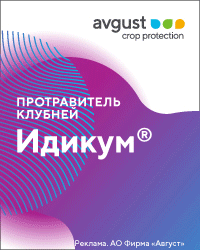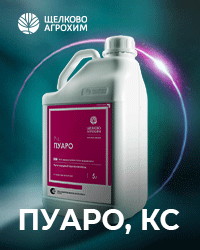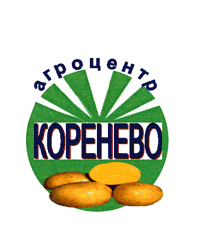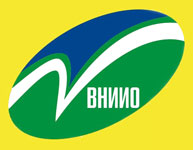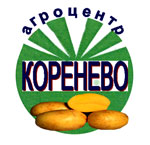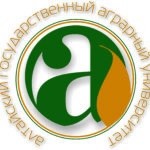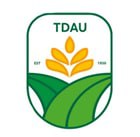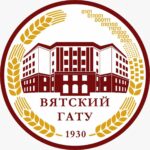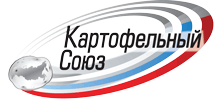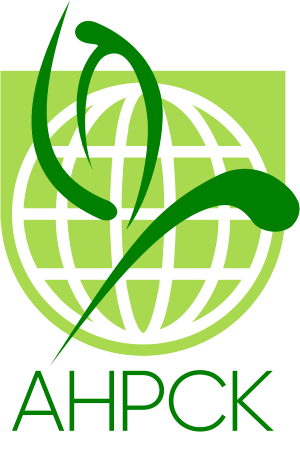UDC 635.21.52:631.95
https://doi.org/10.25630/PAV.2022.86.62.004
Molyanov I.V., Semenov V.A., Gaizatulin A.S., Zharova V.A.
The purpose of the research is to evaluate the effectiveness of breeding study of identical hybrid potato populations in different ecological and geographical conditions. Field and laboratory studies were conducted in 2020–2021 at the experimental base «Pyshlitsy» Russian Potato Research Centre (Moscow region) and the potato breeding and seed center LLC «Agrostar» (Samara region). 74 hybrid populations were used in the experiment. The first tuberous generations of hybrid populations (single-tuberous hybrids or single-tubers) grown in the protected soil of the «Aparikha» EB of the Russian Potato Research Centre were used as the starting material. Phyto-cleaning of diseased and damaged plants was carried out in each growing season, and during harvesting, the yield, compactness of the nest, shape and color of tubers, depth of occurrence of eyes and stolon trace, as well as the presence of diseases of tubers were evaluated. As a result of a parallel comparative test of 74 single-club hybrid potato populations in the agroecological conditions of the Moscow and Samara regions, different degrees of their adaptability and, as a consequence, the level of selection of economically valuable forms for further breeding study were revealed. Among the hybrid populations studied for two years, 21 (28.3%) were distinguished by ecological stability. About a third of the populations (39.2%) showed a significant variation in the frequency of selection depending on various ecological and geographical conditions, which indicates their relative stability. The group of unstable hybrid populations (32.5%) includes populations with a low frequency of occurrence of economically valuable forms when evaluated in two ecological and geographical locations. It has been established that in a group of relatively ecologically stable hybrid populations there can be both ecologically stable and suitable only for specific agroecological conditions. It has been experimentally confirmed that hybrid populations obtained under optimal conditions of the Moscow region are effective for breeding selection in extreme conditions of the Samara region. This makes it possible to carry out a targeted selection of parental forms for crossing, ensuring the formation of ecologically stable hybrid offspring.
Key words: potato, breeding, hybrids, ecological and geographical conditions
Molyanov I.V., post-graduate student, Russian Potato Research Centre, employee of MAG LLC. E-mail: molyanov@yandex.ru
Semenov V.A., senior research fellow of the Laboratory of breeding varieties for processing, Russian Potato Research Centre. E-mail: coordinazia@mail.ru
Gaizatulin A.S., Cand. Sci. (Agr.), senior research fellow of the Experimental Gene Pool Department, Russian Potato Research Centre. E-mail: coordinazia@mail.ru
Zharova V.A., Cand. Sci. (Agr.), senior research fellow of the Experimental Gene Pool Department, Russian Potato Research Centre. E-mail: coordinazia@mail.ru
- Simakov E.A. The use of ecological and geographical factors to improve the effectiveness of potato breeding. Achievement of science and technology of the agro-industrial complex. 2015. No8. Pp. 92–99 (In Russ.).
- Simakov E.A., Yashina I.M., Sklyarova N.P. The effectiveness of selective selection in assessing hybrid potato populations in various ecological and geographical conditions. Materials of the international jubilee scientific and practical conference. dedicated to the 75th anniversary of the Institute of Potato Growing of the National Academy of Sciences of Belarus. Minsk. Merlit. 2003. Vol.1. Pp. 92–100 (In Russ.).
- Yashina I.M. Ways and methods of selection of ecologically sustainable potato varieties. Agricultural engineering and potato seed production in the conditions of the South of the RSFSR. Volgograd. 1985. Pp. 43–49 (In Russ.).
- Yashina I.M., Sklyarova N.P., Simakov E.A. Results and prospects of potato genetic resources application to breeding in different ecological and geographical zones. Breeding research of potatoes: Proc. Inter. Symp. June 23–26, 1998. Rostock. Book of Proceedings. Vol.2. 1998. Pp. 85–89.
- Einlay K.W., Wilkinson G.N. The analysis of adaptation in a plant breeding program. Jornal of Agricultural Resources. 1963. Vol.14. Pp. 742–754.
- Simakov E.A., Sklyarova N.P., Yashina I.M., Methodological guidelines on the technology of potato breeding process. Moscow. VNIIKH. 2006. 70 p. (In Russ.).
For citing: Selective selection depending on of ecological and geographical conditions I.V. Molyanov, V.A. Semenov, A.S. Gaizatulin, V.A. Zharova. Potato and vegetables. 2022. No9. Pp. 28-30. https://doi.org/10.25630/PAV.2022.86.62.004 (In Russ.).

